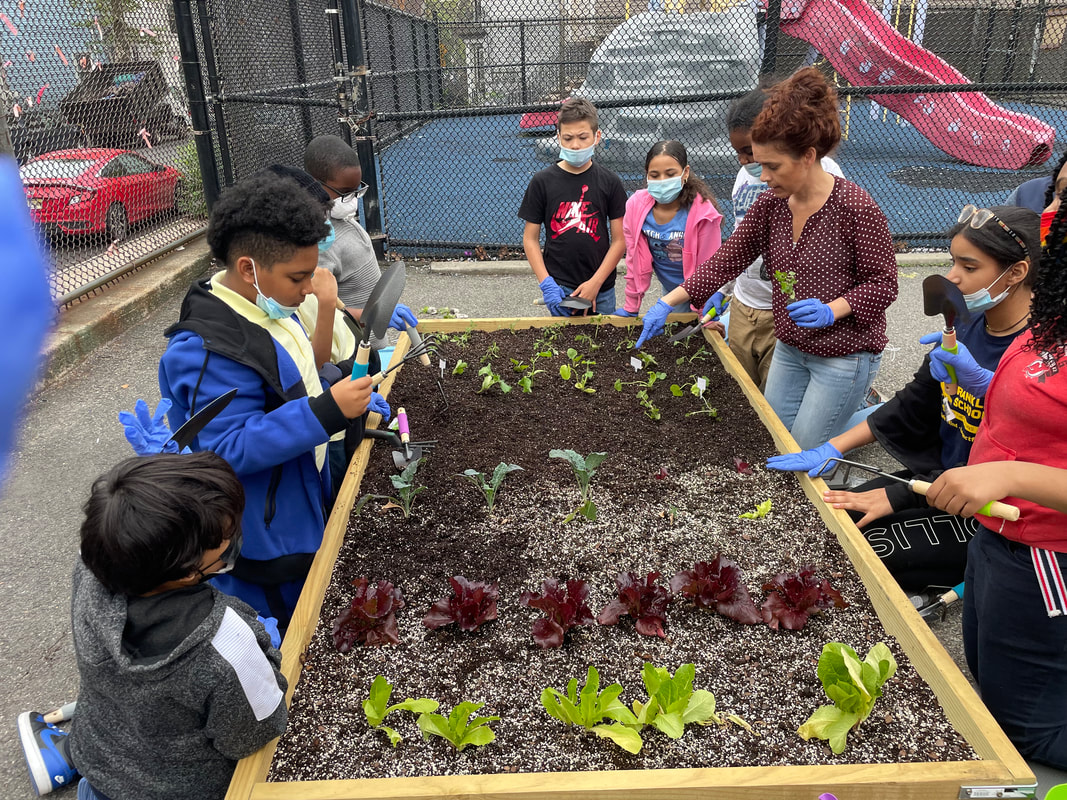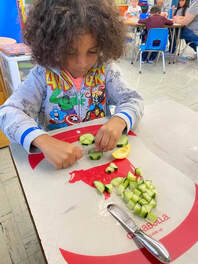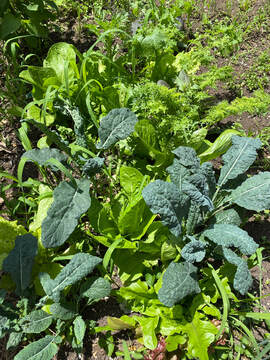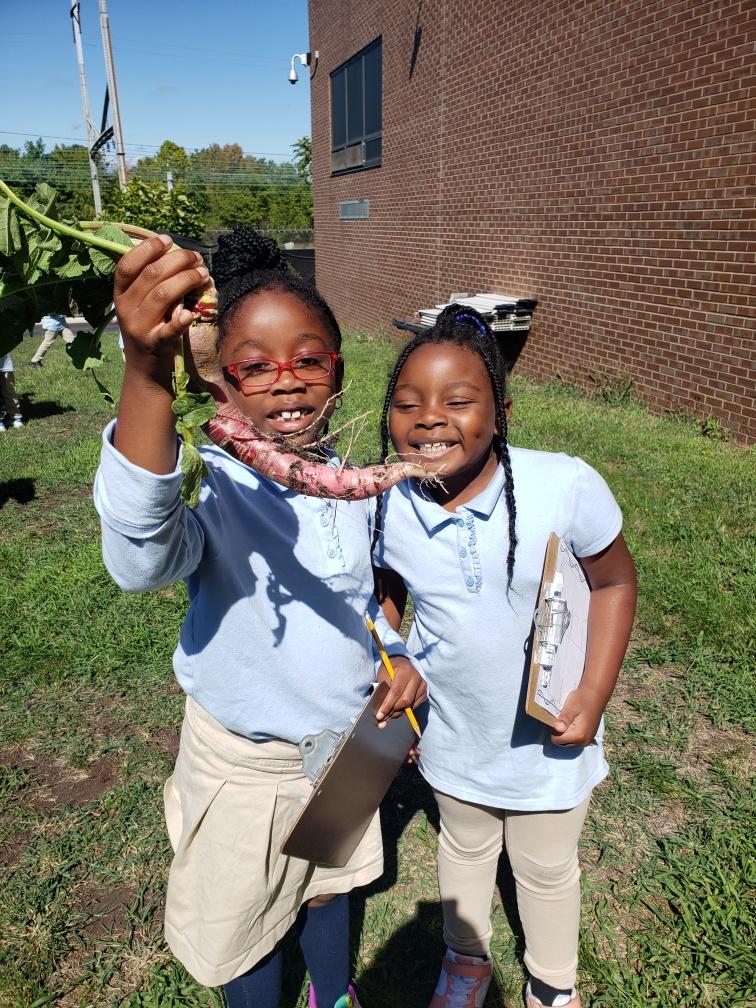Why are School Gardens important?
Here's what the research says!
Improve Academic Achievement
|
Develop Community and Social Awareness
|
Encourage Environmental and Agricultural Literacy
|
Establish Healthy Habits
|



